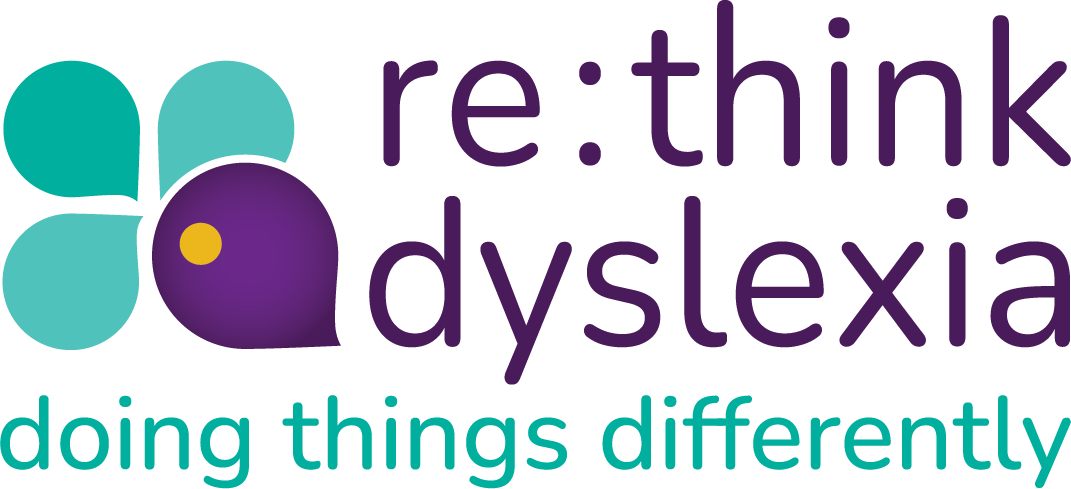Factsheet: Dyslexia and disclosure in the workplace
If you’ve been diagnosed with dyslexia as a working Australian, you might be wondering how you manage your diagnosis and your work.
The decision will be different for everyone, depending on where you work, your relationship with your co-workers and your boss, and the type of work that you do.
The most important thing to know is that you are not required to tell your work that you have dyslexia. It’s your disability and your choice who knows about it.
The exception is when your symptoms have the potential to create an unsafe workplace for you or your colleagues. If the nature of your symptoms and your work makes that the case, then you must disclose your condition.
Can I be fired for having dyslexia?
Legally, you cannot be fired for having dyslexia. Dyslexia is classified as a disability in Australia and disability discrimination law prevents your employer from dismissing, passing over, demoting, reducing pay or any other less favourable treatment because of a disability.

There is one exception, which is if dyslexia means you can no longer perform the inherent requirements of your role.
Does work have to make changes to accommodate my dyslexia?
In Australia, employers are required to make ‘reasonable adjustments’ to accommodate employees’ symptoms and diagnosis. The sort of reasonable adjustments you need will depend on the work you do and the nature of your dyslexia.
Talk to your GP or the team that made your diagnosis for guidance.
Tips to help you make the decision
Tell people after you know them: if you’re established in your team and your co-workers know that you can do your work well, it’s more likely to be easier.
Speak to your Human Resource Department: if you are decided to disclose to your employer. They should be able to support you through the process and be a support person when you speak with your employer
Know your strengths: everyone who has dyslexia has skills and abilities formed from years of doing things a little differently. Think about what you and only you bring to your role and highlight those unique skills.
Know your limits: you’ve got unique skills, but there are still some things you cannot do well. Know where you need some extra support to do your best work and ask for that help.
Get the tech: assistive technology (like smart pens) is a total boon for people with dyslexia. Investigate the sorts of assistive tech that help you do your job well, do your research and draw on the tools that are available.
Contact the Fair Work Ombudsman (13 13 94) and discuss with them how you can to approach your employer and what your rights are.
Teach your employer about dyslexia and they can help to provide a supportive environment at work. re:think dyslexia provides workplace training and support, you can also share our factsheets and the Dear Dyslexic podcast series with them as well at rethinkdyslexia.com.au
If you need support in discussing your dyslexia with your workplace contact us at hello@rethinkdyslexia.com.au
To learn more about dyslexia and how you can self-advocate your needs within your workplace:
- What is dyslexia
- eLearning courses for those working and supporting dyslexic employees
- Dear Dyslexic Podcast Series
- Our Blog
- Factsheets: Dyslexia and more


